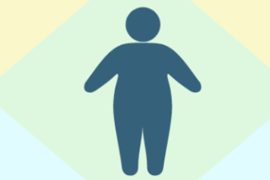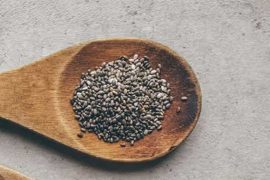Dry fasting, which involves abstaining from both food and water, has gained popularity in recent wellness trends, but it carries significant health risks. Unlike intermittent fasting or other fasting methods that allow for water consumption, dry fasting can lead to severe dehydration. The human body is capable of enduring periods without food, but it is far less resilient to the absence of water. Prolonged dry fasting can result in various health complications because water is crucial for maintaining bodily functions.
One of the most immediate and serious risks of dry fasting is dehydration. Without adequate water intake, the body can experience a range of symptoms including fatigue, reduced urine output, constipation, headaches, and diminished cognitive function. This is because water is essential for numerous bodily processes such as regulating body temperature, aiding digestion, and maintaining electrolyte balance. The body’s natural mechanisms for fluid regulation and waste elimination are heavily reliant on proper hydration.
In addition to causing dehydration, dry fasting can lead to a temporary reduction in weight. However, this weight loss is primarily due to the loss of water rather than fat. When water is reintroduced, the weight is often quickly regained. This form of weight loss is not sustainable or healthy compared to methods that involve regular hydration.
Certain fasting practices, such as those observed during Ramadan, include provisions for water intake during non-fasting periods. This approach allows the body to manage hydration levels while still observing fasting principles. However, the trend towards dry fasting, driven by wellness trends rather than religious or traditional practices, poses a higher risk of health issues.
For those pursuing weight loss or health improvements through fasting, it is crucial to focus on methods that support hydration. Proper hydration helps maintain joint lubrication, balance electrolytes, regulate body temperature, and support healthy bowel movements. Choosing fasting practices that allow for regular water intake is a safer and more effective approach than dry fasting, which can cause more harm than benefit to the body.
Dry fasting, which involves abstaining from both food and water, can indeed pose serious health risks. Here’s a closer look at the potential issues:
- Dehydration: As you mentioned, the primary risk of dry fasting is dehydration. Water is essential for nearly every bodily function, including maintaining blood volume, regulating body temperature, and aiding in digestion. Prolonged dehydration can lead to fatigue, dizziness, headaches, and impaired cognitive function. Severe dehydration can be dangerous and even life-threatening.
- Electrolyte Imbalance: Water helps maintain the balance of electrolytes like sodium and potassium in the body. Without adequate hydration, this balance can be disrupted, leading to muscle cramps, heart palpitations, and other health issues.
- Constipation: Adequate water intake is crucial for healthy digestion and bowel movements. Dry fasting can lead to constipation, which can cause discomfort and other digestive problems.
- Kidney Strain: The kidneys rely on water to help filter toxins and waste products from the blood. Without sufficient water, the kidneys can become strained, increasing the risk of kidney stones and urinary tract infections.
- Impaired Physical and Mental Performance: Dehydration can impair both physical and mental performance. It can lead to decreased energy levels, reduced concentration, and diminished exercise performance.
- Temporary Weight Loss: While dry fasting might lead to short-term weight loss, it’s primarily due to loss of water weight rather than fat loss. This weight is usually quickly regained once normal hydration is restored.
In contrast, methods like intermittent fasting, which allow for regular water intake, tend to be safer and more sustainable. It’s important to listen to your body and choose fasting or dietary practices that support overall health and well-being. If you have specific health goals or conditions, consulting with a healthcare professional before making significant changes to your diet or fasting routines is always a good idea.
Disclaimer:
The information contained in this article is for educational and informational purposes only and is not intended as a health advice. We would ask you to consult a qualified professional or medical expert to gain additional knowledge before you choose to consume any product or perform any exercise.







